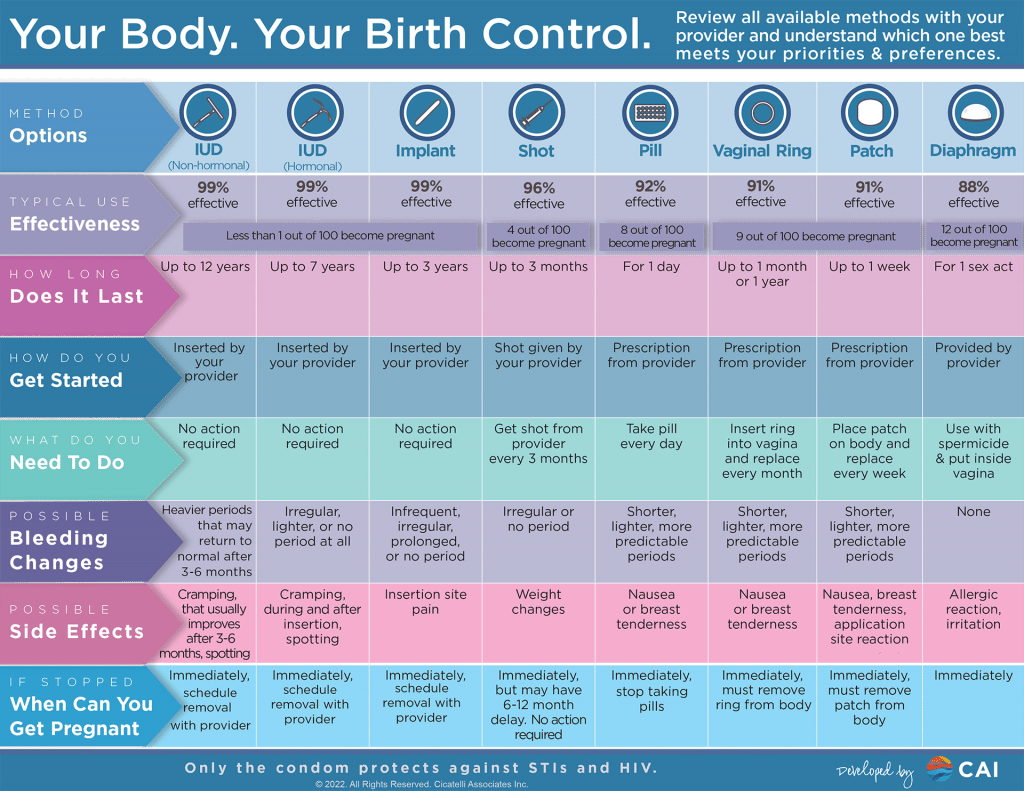- Aeviva
- Posts
- Birth Control and Mental Health: How Oral Contraceptives May Be Shaping Your Mood
Birth Control and Mental Health: How Oral Contraceptives May Be Shaping Your Mood
Oral contraceptives are a popular choice for birth control, but what impact do they have on your mental health? Here’s what science says—and what you should know.

The #1 App That Helps You Fall Asleep In Minutes
BetterSleep, the 5 star app that focuses on helping users sleep better and feel better daily.
Build and layer a unique personalized mix from over 300 unique sounds such as: green noise, ocean waves, heavy rain, arctic storms or even background bustle in a city cafe! Use sound science to send yourself to sleep and improve your restlessness.
By building your perfect dreamy soundscape and watch your sleep and your mornings improve in just 7 days!
How Do Oral Contraceptives Work?
Oral contraceptives prevent pregnancy by altering your hormones. Most pills contain synthetic versions of two hormones:
Estrogen: Prevents ovulation by stopping your ovaries from releasing eggs.
Progestin: Thickens cervical mucus to block sperm and thins the uterine lining to prevent implantation.
💡 Fun Fact: The first birth control pill was introduced in 1960, revolutionizing women’s reproductive health.

Different options of Birth Control 👀 (Source: https://caiglobal.org/birth-control-options-grid/)
The Link Between Hormones and Mood
Hormones are powerful—they regulate much more than your menstrual cycle. Estrogen and progesterone also influence neurotransmitters like serotonin and dopamine, which are responsible for mood regulation.
Here’s what can happen:
Increased Sensitivity: Synthetic hormones can sometimes disrupt the balance of natural hormones, leading to mood swings, irritability, or even feelings of depression.
Neurotransmitter Fluctuations: Changes in serotonin levels can lead to heightened anxiety or a "low" mood for some women.
💡 Stat: A large Danish study found that women using hormonal birth control were 23% more likely to be prescribed antidepressants, especially teenagers.

Common Mental Health Effects of Oral Contraceptives
Women report a range of emotional changes while on the pill. Here’s what studies and anecdotal reports commonly highlight:
Mood Swings: Sudden feelings of happiness or sadness without clear triggers.
Increased Anxiety: A heightened sense of worry or restlessness.
Depression Symptoms: Persistent feelings of sadness or a lack of interest in usual activities.
Fatigue: Emotional and physical tiredness linked to hormonal shifts.
💡 Pro Tip: Not everyone experiences these effects, and the type of pill you use can make a difference.
What You Can Do If Birth Control Affects Your Mood
If you’re noticing changes in your mood after starting oral contraceptives, don’t ignore it. Here’s how you can take charge:
Talk to Your Doctor: Share your symptoms—sometimes, switching to a different formulation with lower estrogen levels can help.
Track Your Mood: Keep a daily journal to identify patterns in your mood changes.
Explore Non-Hormonal Options: Consider alternatives like copper IUDs or barrier methods.
Consider Supplements: Some studies suggest that magnesium and B vitamins can support mood regulation while on birth control.
💡 Fun Fact: Vitamin B6 has been shown to help reduce mood-related side effects in some women on oral contraceptives.
Breaking Down the Research on Birth Control and Mood
Study Focus | Findings |
|---|---|
Danish Study on Mood and Birth Control | Women on hormonal birth control were 23% more likely to use antidepressants. |
Teenagers and Mood | Teens using the pill had a greater risk of depression symptoms compared to adults. |
Individual Variability | Mood effects vary widely based on genetics, lifestyle, and hormone sensitivity. |
💡 Conclusion: While many women tolerate birth control well, others may experience mood-related side effects.
Conquer Winter in Style: Best Men’s Sneakers from Nike Air Max.
Winter is here, and it’s time to elevate your look while staying warm and comfortable. The Nike Air Max collection is perfect for the modern man ready to tackle the season. From the edgy Air Max Plus to the versatile AM1, these sneakers combine style with features designed to keep your feet happy all winter long.
Whether you're tackling holiday shopping or celebrating with friends, these kicks are your perfect companion. Find your ideal pair and effortlessly elevate your winter wardrobe this season.
Treat yourself or a loved one to a stylish pair from the collection this holiday season.
Interactive Section: Poll – Share Your Experience

Pick one item from each category below to build your personalized, Ozempic-free routine:
Have you noticed changes in your mood while on oral contraceptives?
😊 No, I feel the same as before.
🤔 Yes, but they’ve been mild.
😔 Yes, and it’s been challenging to manage.
🛑 I had to stop taking the pill because of mood changes.
💡 Follow-Up: Let us know how you managed these changes! Your insights could help others.
Oral contraceptives offer incredible benefits, but they can also come with challenges, including potential mood changes. The good news? With the right information and support, you can find a solution that works for your body. Always listen to your body and talk to a healthcare provider if you notice emotional changes—it’s all about finding balance. 🌸
Take-Home Message
Oral contraceptives regulate pregnancy by altering estrogen and progestin levels.
Hormones affect neurotransmitters like serotonin, which can influence mood.
Common side effects include mood swings, anxiety, or depressive symptoms.
Options to manage side effects include switching pills, tracking symptoms, or exploring non-hormonal methods.
Research shows mood changes are more common in younger women and vary by individual.



Reply